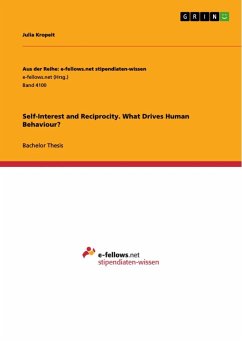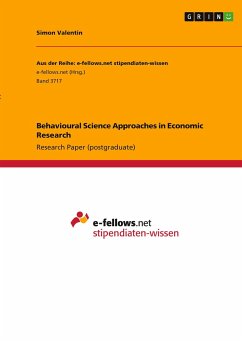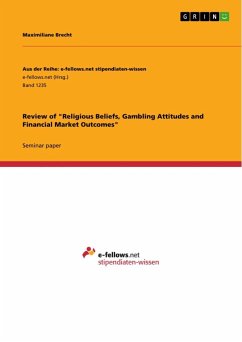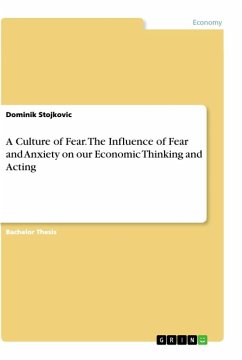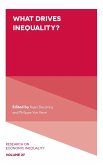Bachelor Thesis from the year 2010 in the subject Business economics - Miscellaneous, grade: 1,2, European Business School - International University Schloß Reichartshausen Oestrich-Winkel, course: Behavioral economics, language: English, abstract: The aim of this work is to contribute to a better understanding of human behavior in the context of intergenerational allocation decisions. Besides the context of imposing financial burdens on future generations as mentioned in the introductory passage, many global challenges we are facing today are related to the depletion of non-renewable or only slowly renewable resources, such as fossil fuels, drinking water, or fishing grounds. The underlying issue is similar in all cases: Human beings today use natural resources in an exploitive way, so that future generations will only either have very limited or no access at all to certain resources. Furthermore, they will also be confronted with severe negative consequences resulting from today¿s resource exploitation, e.g. climate change. The motive for human beings today to exploit resources is generally understood to be the desire to achieve short-term benefits which maximize their current well-being. The greatest problem in this context arises from the fact that future generations cannot be present in today¿s negotiations. As they cannot defend their interests, they are left to accept and handle the consequences that arise from decisions which have been made by another generation. The current significance of this topic is reflected by increasing public concern on global environmental developments and political attention, particularly in the context of global politics. By pursuing the research question "What drives human behavior in intergenerational allocation decisions?", this paper attempts to reveal further insights into motives and intentions that underlie decisions in an intergenerational context. In doing so, the discussion of psychological themes that may encourage present actors to make decisions which are considerate of the interest of future generations represents an important contribution of this work. The illustration of potential incentives for considerate decisions in intergenerational contexts allows inferring practical implications for organizations.

